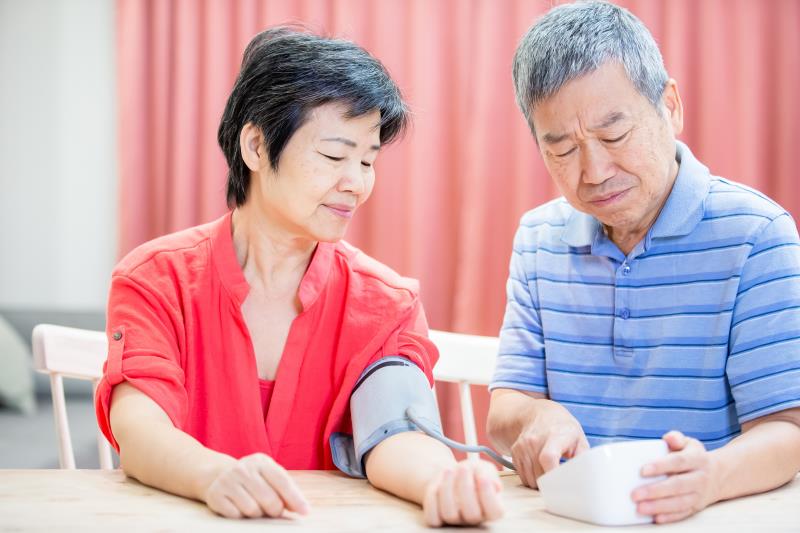More advocacy needed for regular BP monitoring





With rising rates of hypertension among younger populations, regular blood pressure (BP) monitoring should be encouraged in adults 18 years and older, says an expert.
According to Dr Mohd Arifin Mohd Ali, president of the Malaysian Society of Hypertension (MSH), a lack of awareness on one’s BP status as well as the potential complications of uncontrolled hypertension could contribute to increased rates of stroke, heart attack, and kidney disease, particularly in those with a family history of hypertension.
A recent consumer survey conducted by OMRON Healthcare found that 42 percent of 504 respondents felt that their BP was not serious or in need of regular monitoring, while 34 percent felt that checking their BP whenever they visited their doctor was sufficient. However, at least 85 percent had checked their BP at least once in the preceding year.
In addition, the latest National Health and Morbidity Survey (NHMS) 2019 reported a 30.0 percent overall hypertension rate among Malaysian adults 18 years and older; a prevalence comparable to those reported in the NHMS 2015 (30.3%) and 2011 (32.6%). Of the 30.0 percent, 15.9% had known hypertension, while the remaining 14.1 percent had elevated BP not yet diagnosed as hypertension.
“In my opinion, … we may consider [the NHMS 2019 findings] to be rather good as the [prevalence] rate has not increased, though the total [of people with hypertension] has increased,” said Arifin.
However, he added that the growing prevalence of obesity among adults 18 years and above as reported in the NHMS was also concerning due to it being a contributing factor to hypertension. Previous NHMS data has tracked a concerning rise in the proportion of Malaysians considered obese, ranging from a mere 4.4 percent in 1996 to 14.0 percent in 2006, 17.7 percent in 2015, and 19.7 percent as of 2019.
Asked about the role of community healthcare workers (HCWs) such as general practitioners (GPs) and pharmacists in tackling hypertension—particularly patients with unknown hypertension—Arifin stressed public awareness first and foremost, pointing to the MSH’s efforts in providing up-to-date training on the topic for HCWs as well as in public forums.
“This is where the media, GPs, and pharmacists must also be updated to current levels of knowledge about hypertension; they have a role to play in educating and explaining [the same] to their patients,” said Arifin. “Knowledge about obesity and weight control, fattening foods, control of blood sugar, diet, reducing salt intake, need for exercise and so on—must all be part of [this].
He added that in his own practice, he advised patients to be compliant and to ‘know their numbers’ (BP readings). He also advocated for the use of home BP monitoring devices by patients, with regular clinical follow-ups at 3-to-4 month intervals.
As a public service to help identify those with at increased risk of developing hypertension, OMRON Healthcare has announced the release of an online self-checklist (https://hypertensionrisk.questionpro.com/) developed in collaboration with MSH to encourage the public to monitor their BP as well as seek medical advice on prevention and treatment of hypertension.